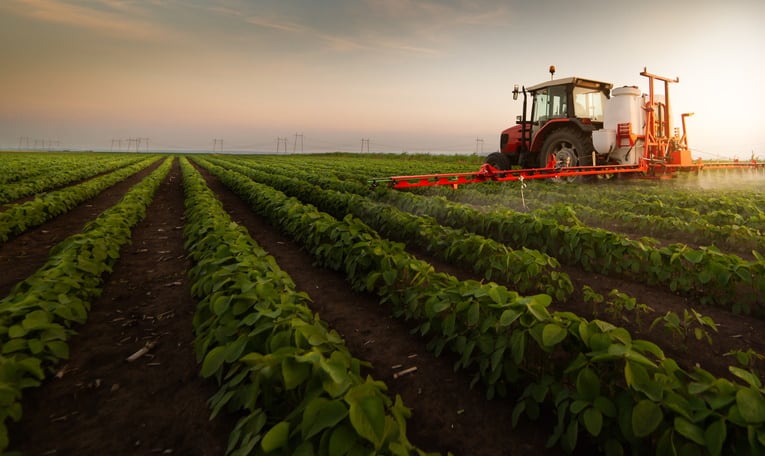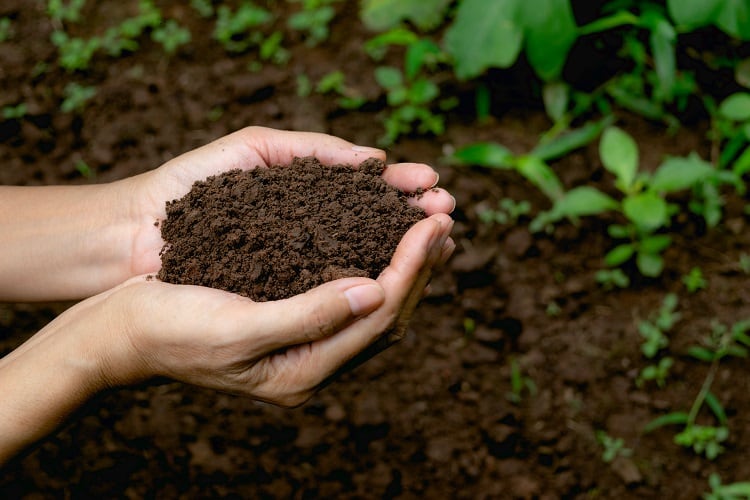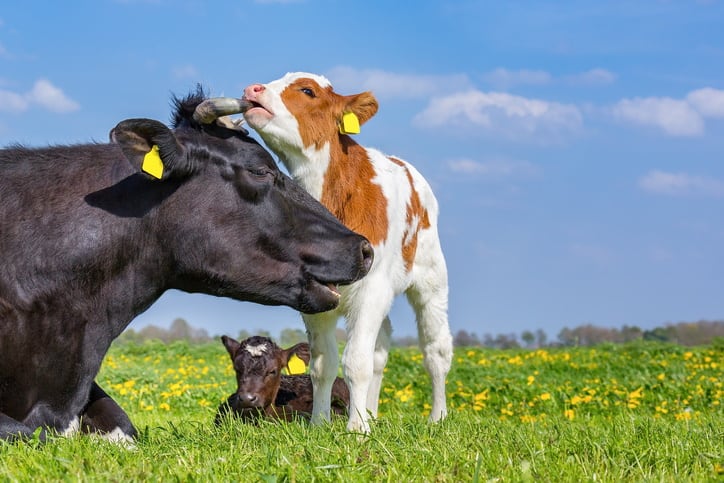Researchers at the University of Exeter revealed that ‘all’ the farmers who participated in their study, based on 31 'in-depth' interviews, reported issues caused by extreme weather in recent years. These ranged from heavy rain to prolonged dry spells – extremes that are only expected to further intensify.
Participants said they were concerned about the impact of heat and drought on crop and grass growth, with knock-on impacts for yield and winter animal feed. The implications of heavy rainfall or flooding for soil run-off and erosion and for field operations such as drilling and harvesting were also a cause for concern.
However, on-farm investment to build resilience was frequently not forthcoming, the researchers noted, identifying two main reasons for this. Firstly, for a number of farmers, ongoing and future changes to our weather and climate were seen as ‘too uncertain and too long-term’ for them to invest significant time or money in planning for them now. Secondly, the study revealed many farmers are focused on short-term profitability and business survival in a challenging economic environment, as well as ‘concerned about other political and public pressures’.
Although there is a growing acceptance that the climate is changing and that there are benefits to taking action, uncertainties about the exact scale, speed and nature of change locally, make it difficult for farmers to plan ahead.
"Farmers have an array of challenges and uncertainties to cope with, and it is understandable they are focused on the short-term profitability and survival of their business. This seems to be preventing them from adapting to the effects of the climate emergency. It is essential the industry finds ways to build resilience, and that farm businesses are supported in planning and responding to changing weather patterns,” the paper’s author, Dr Rebecca Wheeler noted.
The research, published in the journal Climate Risk Management, was carried out by Dr Wheeler and Professor Matt Lobley from the University of Exeter's Centre for Rural Policy Research. It was conducted in partnership with scientists from the Centre for Ecology and Hydrology, Rothamsted Research and Lancaster University.
Highlighting the ‘capacity for innovation and adaptability’
But while short-term financial pressures and uncertainty about how climate change will play out on the ground acted as a deterrent to action, ‘more positively’ the research also showed a ‘capacity for innovation and adaptability’ within the agricultural sector.
Many farmers are building resilience within their business through actions to improve soil health, which as well as raising productivity and storing carbon, also increases the ability for grass and crops to cope with weather extremes, the study noted.
Other positive actions taken by farmers in the research to future-proof their business included continuous evaluation of crop/grass varieties and growing techniques, installing additional livestock housing with good ventilation, increasing rainwater storage capacity, and risk-spreading through expanding the diversity of their crops and enterprises.
There is also reason for farmers to be optimistic about some of the opportunities posed by climate change, such as warmer temperatures enabling new crops and increased yields in some instances, the study noted.
"There are many innovative and exciting activities happening on farms across the country, but much is still to be done to improve the resilience of individual farms and the industry as a whole,” Professor Lobley observed.
"Few farmers described themselves as directly adapting to climate change but most did see themselves as taking positive steps to respond to the risks of extreme weather or to generally improve their business resilience. For a number of farmers, this primarily took the form of improving soil health."
Industry representatives involved in the research welcomed such positive steps but called for greater uptake of these and other measures.
The findings highlighted a need for government and agricultural stakeholders to work with farmers to help them understand the risks posed to their particular business from extreme weather and climate change, the study’s authors believe.
Actions recommended include improved industry collaboration, creating opportunities for farmer-to-farmer learning, and providing tailored tools and support that take into account the specificities of different farming systems.
Source
Managing extreme weather and climate change in UK agriculture: Impacts, attitudes and action among farmers and stakeholders
Climate Risk Management
DOI: https://doi.org/10.1016/j.crm.2021.100313
Authors: Wheeler, R; Lobley, M




